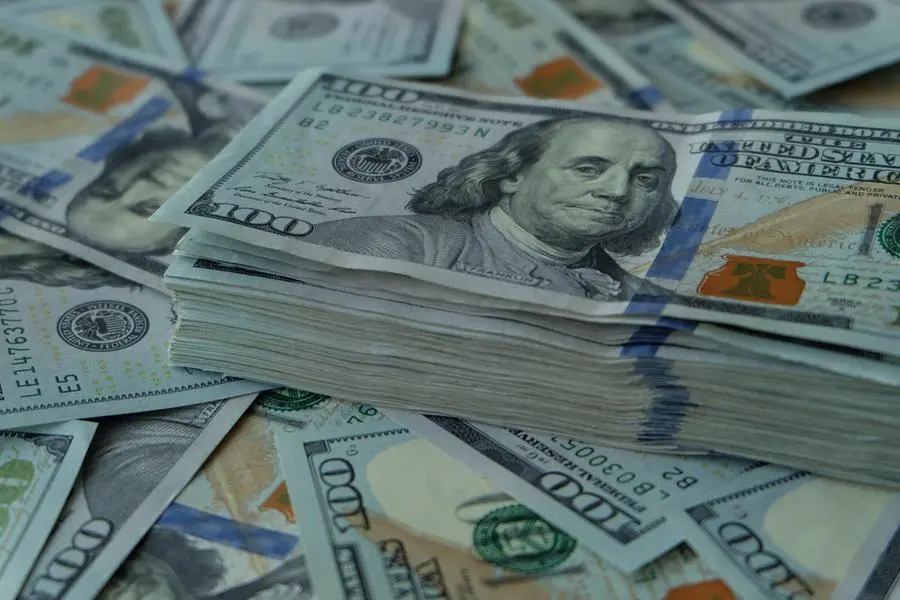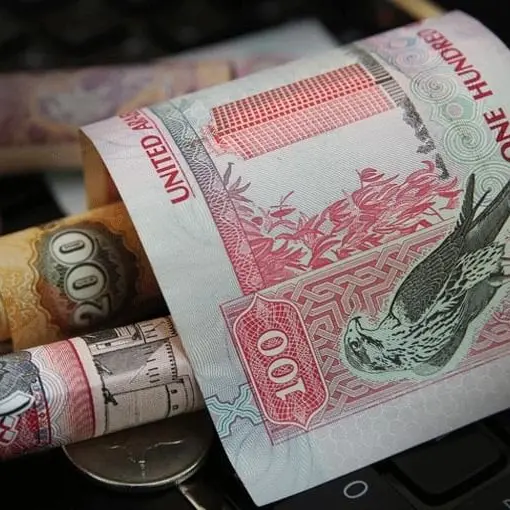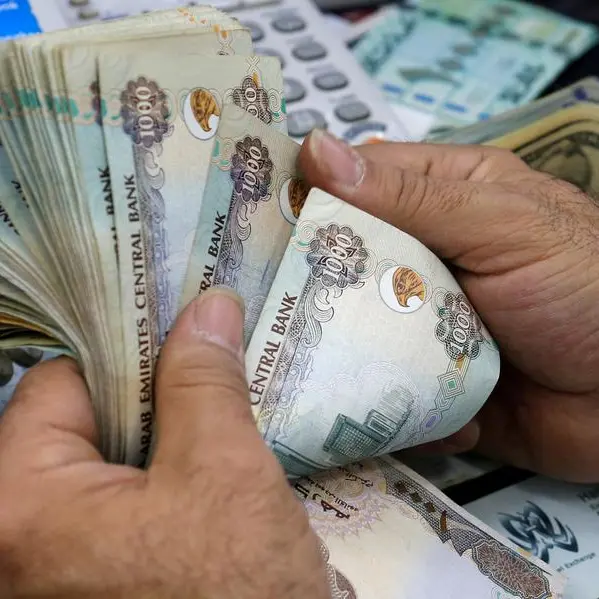PHOTO
NEW YORK - U.S. Treasury yields dipped from more than 10-year highs on Wednesday before the Federal Reserve is expected to raise its benchmark interest rate by 75 basis points as it tackles soaring inflation.
Yields surged after data on Friday showed that consumer prices rose at their fastest pace in nearly 40-1/2 years in May, rattling markets and increasing speculation that the U.S. central bank will hike rates at a faster pace than previously expected.
Economists upped their rate hike forecasts after a Wall Street Journal article on Monday said Fed officials would consider a 75 basis points hike. This was interpreted as being an informal communication by the U.S. central bank as Fed officials are in a blackout period heading into the meeting.
Now that investors have prepared for a more aggressive pace of rate increases and a higher terminal rate, they are looking to see whether the Fed’s most hawkish scenario is priced in or if the bank could take an even more aggressive stance.
Fed funds futures traders are pricing in an 87% chance of a 75 basis points rate hike, and a 13% chance of a 50 basis points increase on Wednesday afternoon.
The Fed’s benchmark rate is expected to reach 3.98% by May, from 0.83% now. Expectations of more aggressive Fed hikes have helped to keep market-based inflation expectations contained, which reflects some confidence that the bank will be able to bring down price pressures, said Michael Lorizio, senior fixed income trader at Manulife Investment Management in Boston. Inflation expectations could rise, however, if the Fed surprises markets with a 50 basis points increase on Wednesday, Lorizio said.
Breakeven rates on five-year Treasury Inflation-Protected Securities (TIPS), a measure of expected annual inflation for the next five years, have fallen to 2.89%, from around 3.17% on Friday.
Yields also fell modestly after data on Wednesday showed that U.S. retail sales unexpectedly fell in May as motor vehicle purchases declined amid shortages, and record high gasoline prices pulled spending away from other goods. That may add to concerns that the Fed’s aggressive monetary tightening could tip the economy into recession.
Two-year yields fell to 3.327%, after reaching 3.456% on Tuesday, the highest since Nov. 2007. Benchmark 10-year note yields dipped to 3.379%, after hitting 2.498% on Tuesday, the highest since April 2011.
The closely watched yield curve between two-year and 10-year notes was last at 5 basis points, after inverting by 5 basis points on Tuesday. An inversion in this part of the curve is seen as a reliable indicator that a recession is likely in one to two years.
(Reporting by Karen Brettell; editing by Jonathan Oatis)





















